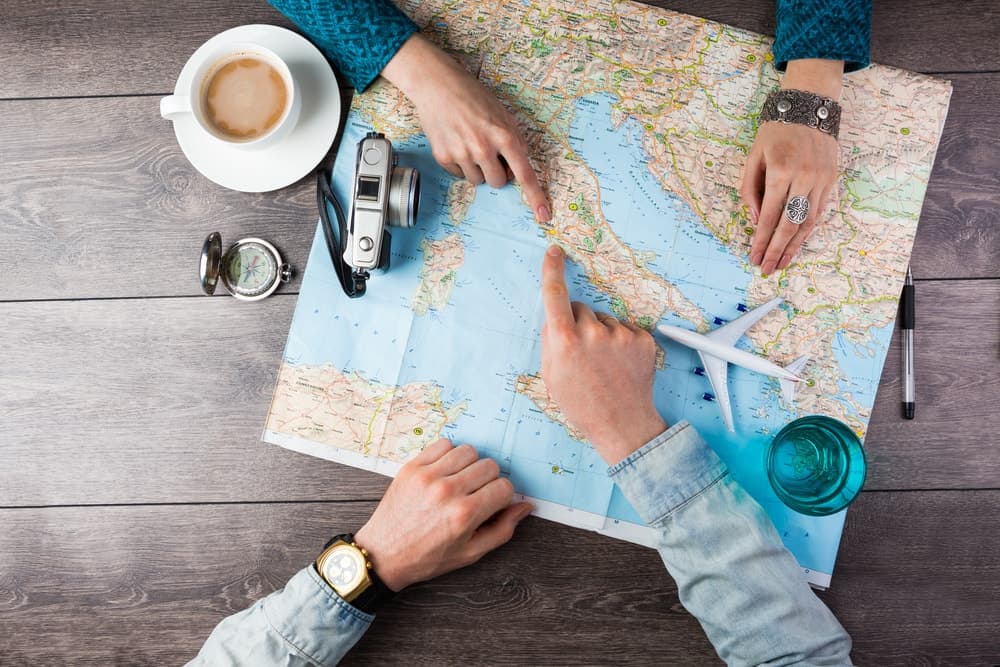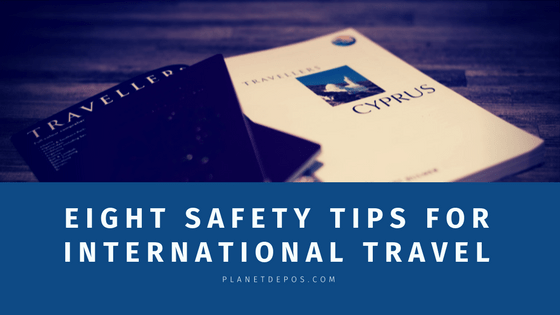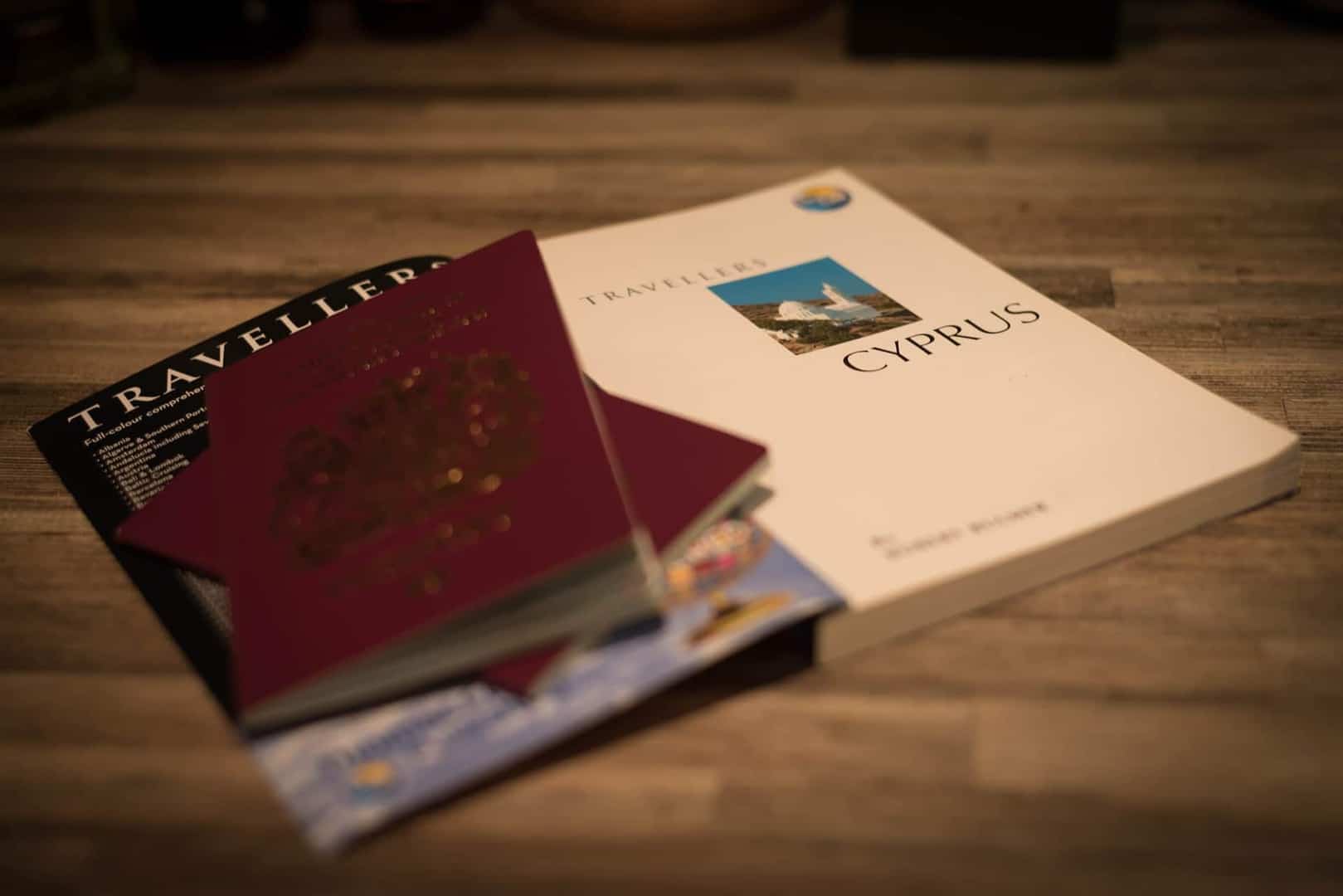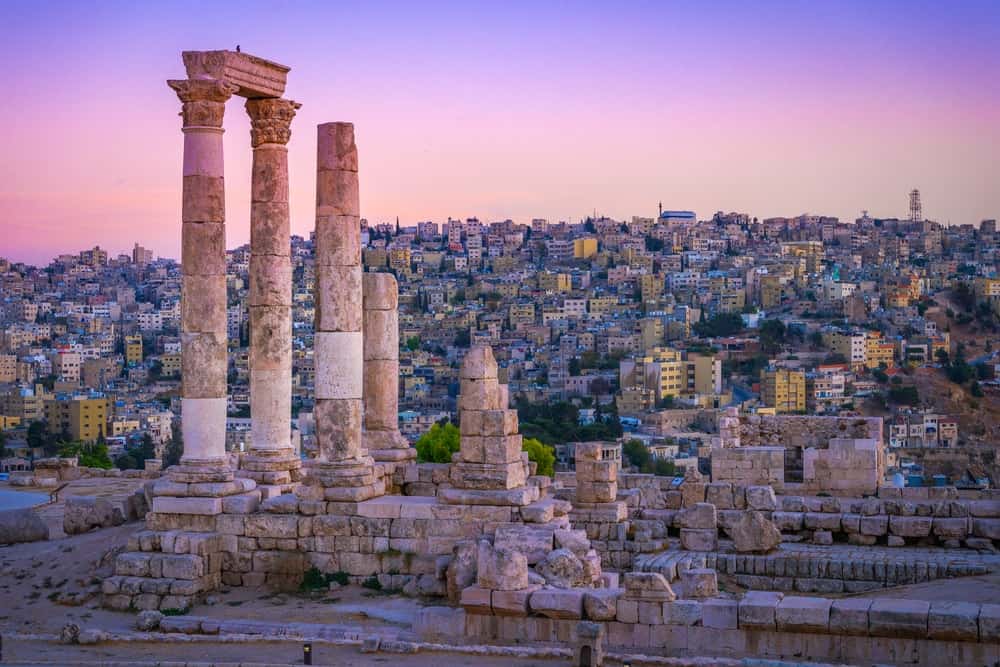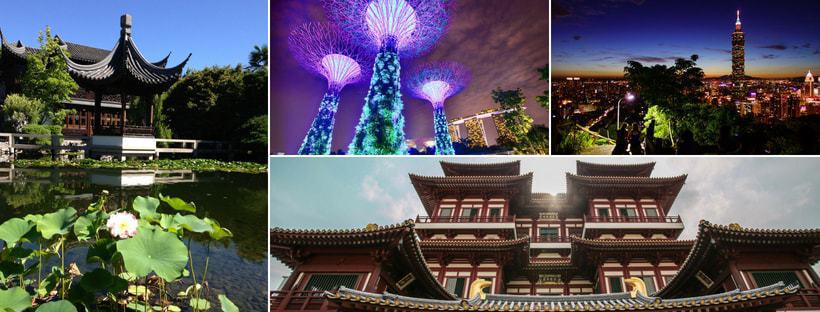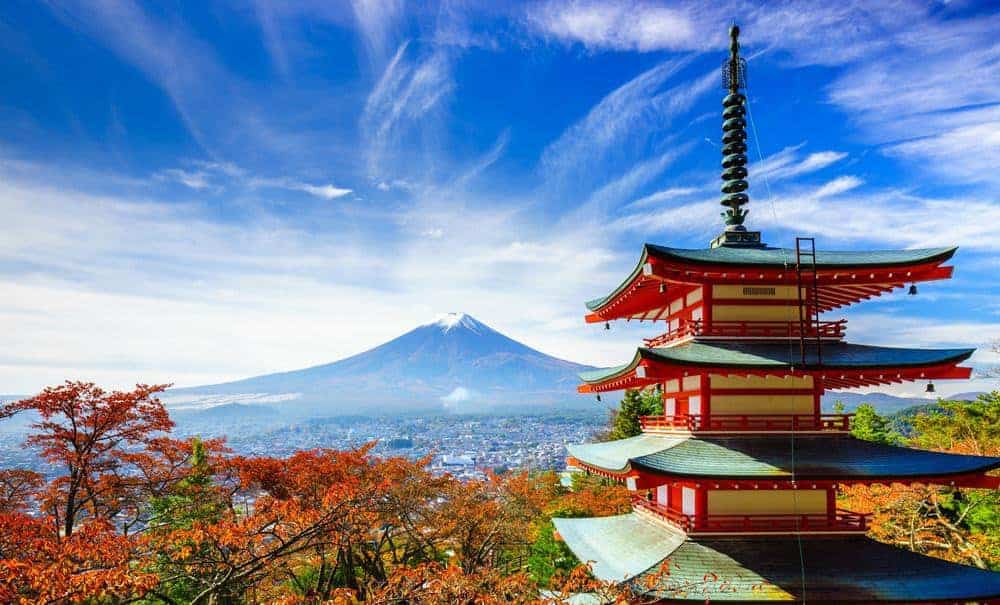Effective November 2021, in-person depositions in Singapore have become a possibility again. Singapore’s new, eased travel restrictions include a Vaccinated Traveler Lane (VTL), wherein fully vaccinated travelers from select countries can skip quarantine upon arrival in Singapore. Among those select countries are the United States and South Korea. Travelers from China, Hong Kong, Taiwan, and Macau are allowed to enter Singapore without VTL approval. In short, this means U.S. attorneys and Planet Depos court reporting teams in Asia can travel to Singapore without having to quarantine upon arrival.
VTL passengers will have to meet certain requirements. They must first complete an application for a vaccinated travel pass (VTP) at least 7 to 30 days prior to travel. In the 14 days prior to travel, passengers are not permitted to be in or pass through a non-VTL country. They must show a negative PCR Covid-19 test result, taken no more than 48 hours prior to departure from their point of origin. Passengers will need to arrive on a designated VTL flight with proof of vaccination and VTP. Upon arrival, travelers will need to take another Covid-19 test before departing from the airport and must self-isolate until those results have been received.
Remote depositions continue to be the backbone of international depositions for the time being, though in-person proceedings are selectively taking place. With the advances in court reporting and remote technology, even virtual international depositions are practically in person. Planet Depos International Scheduling has been keeping up to date on all the latest developments in order to facilitate your international depositions safely and effectively, whether in person or remote.
Planet Depos has been a leader in international depositions for over a decade. For more information on international depositions or to schedule, contact Planet Depos International Scheduling at international@planetdepos.com, or schedule online.

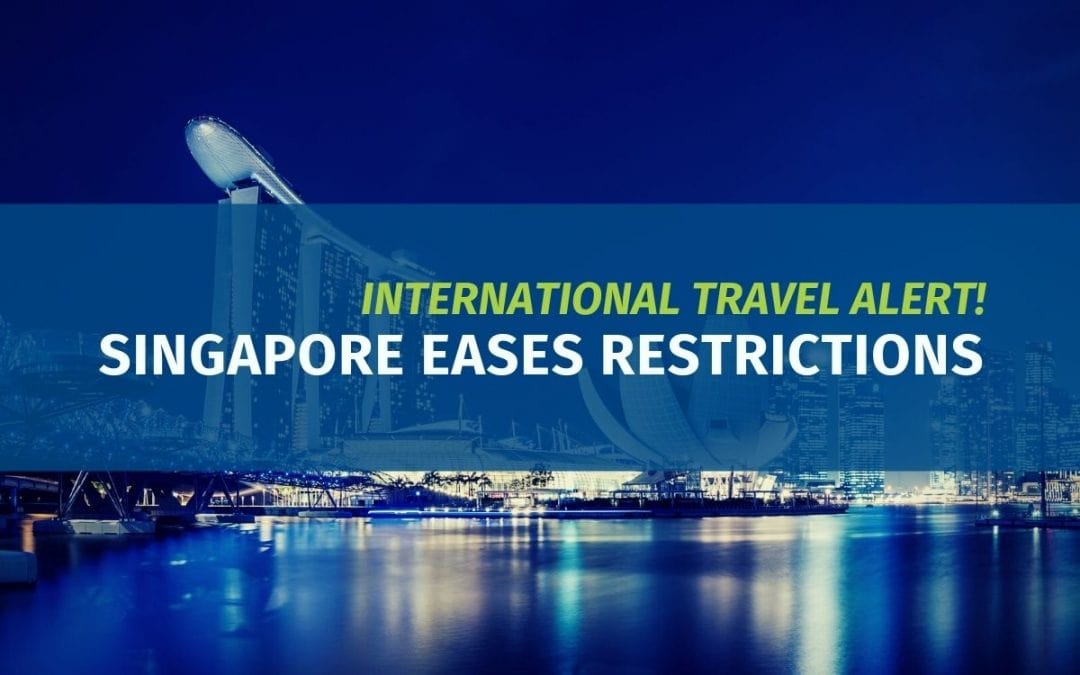
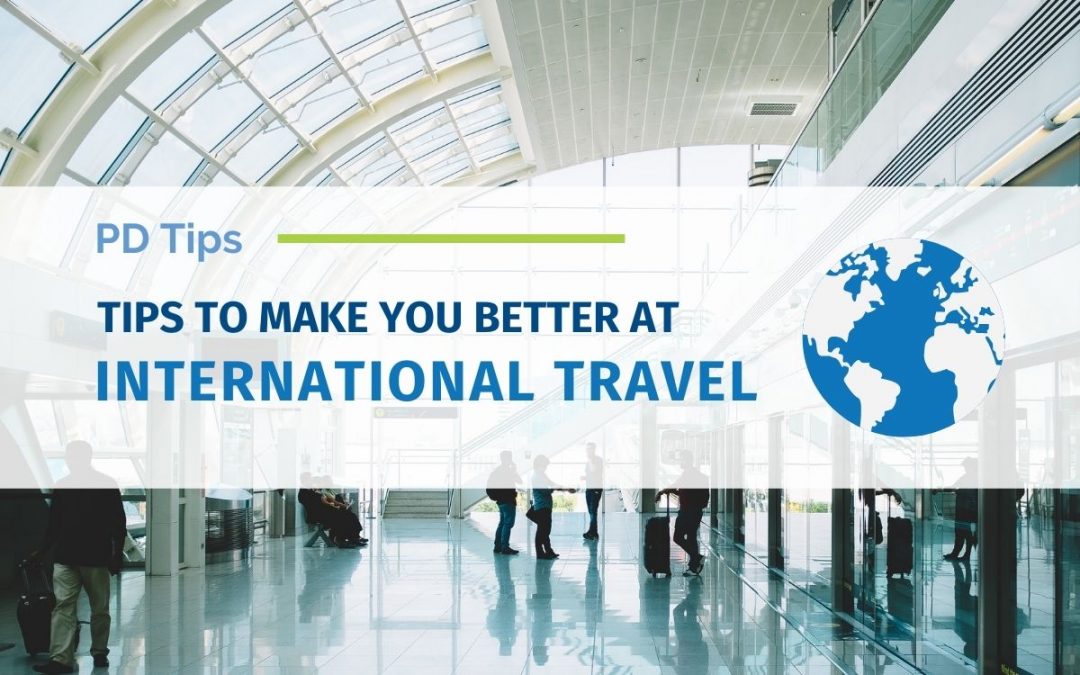
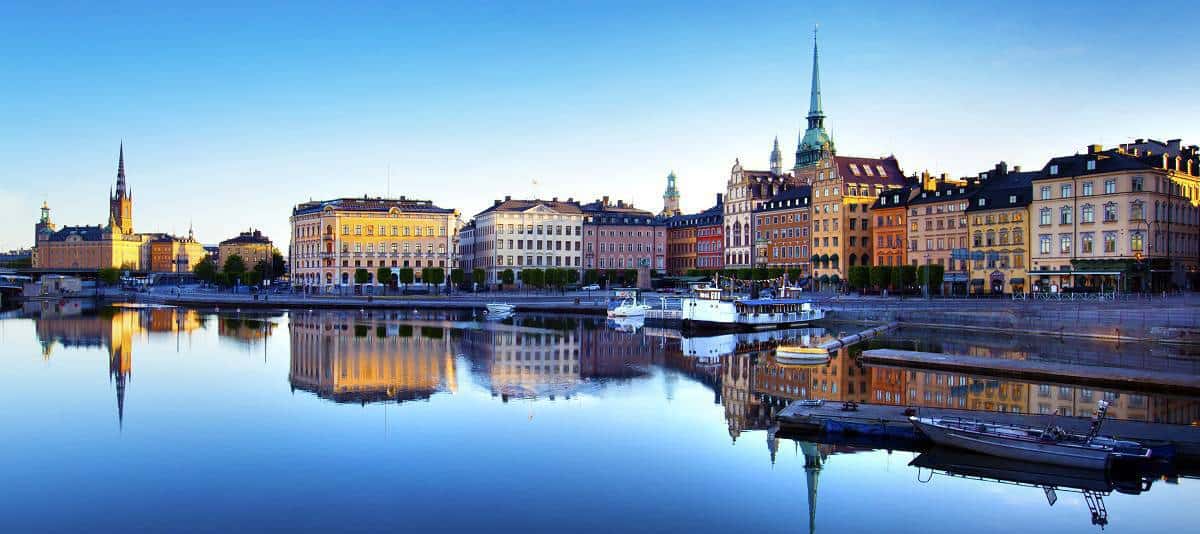



 There are three main components to a full preparation and smooth process that need to be taken into consideration when you are planning an international deposition. First, you must understand international depositions in general, and specifically for the country (or countries!) where you will be taking your deposition(s). Second, proper preparation for international travel is a must. Third, consideration of local culture and societal norms will ensure your trip and deposition go according to plan.
There are three main components to a full preparation and smooth process that need to be taken into consideration when you are planning an international deposition. First, you must understand international depositions in general, and specifically for the country (or countries!) where you will be taking your deposition(s). Second, proper preparation for international travel is a must. Third, consideration of local culture and societal norms will ensure your trip and deposition go according to plan.